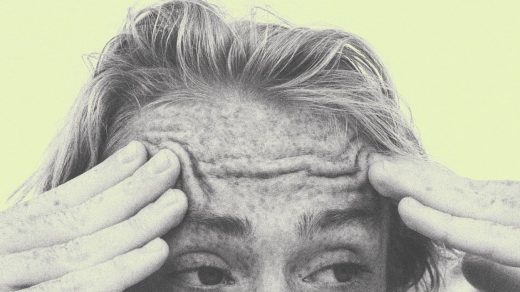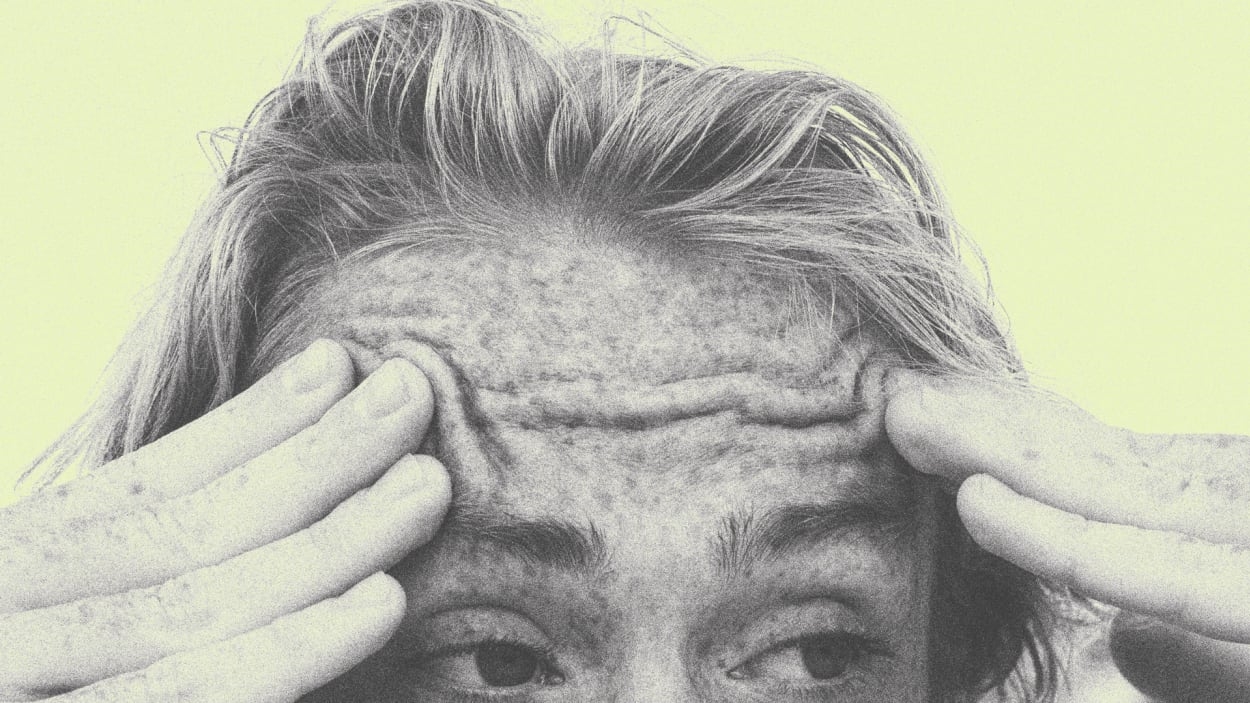When self-doubt can be a good thing
Have you ever been wrong? While it’s not always fun to admit, we’ve all made mistakes or believed false information. Our brains have an overconfidence bias, which can be troublesome at times.
“A little self-doubt goes a long way,” says Nika Kabiri, Ph.D., senior director of decision science at the legal tech company Clio. “I don’t mean that we should doubt our capabilities or our ability to make good decisions. It’s more about doubting what we know and the information that we have.”
Kabiri says the reason it’s important to doubt our information is because our brains are wired to be hyperefficient. “They take up about 2% of our body mass and 20% of our fuel,” she says. “If they weren’t efficient, we couldn’t function.”
To conserve energy, the brain jumps to conclusions and uses prediction and simulation. Because it’s a natural inclination, we don’t realize that we are relying on imperfect information when we’re making decisions, says Kabiri.
“We’re biased to be to believe that we know more than we actually do,” she says. “We’re also social creatures and are very much influenced by those who are around us. We often make decisions based on what other people are thinking or doing.”
In pre-industrialized, premodern eras, Kabiri says making decisions based on others could be helpful because we lived in tight-knit clans and family groups with similar interests and needs. “But in the modern world, we’re so heterogeneous,” she says. “It’s common to get swept away by people around you who are different who don’t have the same interests as you do.”
How to Introduce Self-Doubt
Adopting a growth mindset where you’re constantly learning can inject self-doubt when it’s needed. The brain relies on information that’s easiest to get, which is usually what’s already on your mind or in front of you. Instead, strive to become more open-minded, constantly wondering, “Do I really know it all? Isn’t there more to know?” suggests Kabiri.
“Curiosity should be part of your DNA,” she says. “It enables what neuroscientists call ‘brain plasticity,’ allowing the brain to reformulate or recalibrate what it knows to see the real world for what it is and get the information that it really needs.”
Think Objectively
It can be uncomfortable questioning ourselves. Kabiri says looking at a situation from someone else’s point of view can help.
“Ask yourself, ‘What would someone in this situation need to know to make this decision?’” says Kabiri. “Due to our overconfidence bias, we don’t need to research more. Asking what someone else would need to know depersonalizes it, removing your ego and opening you up to new information.”
Start listing out what you need to know. Then align that information with what you already know, looking for gaps where research is needed.
We all want to feel confident in our decisions, believing that we made the right choice, but the truth is that confidence is a feeling and not a real state and self-doubt can be a good tool, says Kabiri.
Slow Down Decisions
Our culture also needs to get comfortable bucking norms around decisiveness. For example, in the United States, a confident leader in a business is often thought of as someone comes in and says, “This is what my gut is telling me. This is what I know. And this is what we’re going to do,” says Kabiri.
“Not all cultures behave that way,” she explains. “In Japan, for instance, decision making is much more drawn out. The leader relies on consensus among their team much more. There’s no necessity for quick decisiveness as a trait for becoming a good leader.”
Confidence is an emotion that is very much at the whim of all sorts of things. What matters is how well you’re performing each of the steps of the process and making sure that you fill the gaps, says Kabiri.
“Self-doubt that is about learning, growing, [and] staying open takes courage and helps you admit that you need to learn something,” she says.
(21)



